KATHMANDU: Former Governor of the Bank of Japan, Prof. Haruhiko Kuroda’s visit to Nepal underscored the burgeoning recognition of Nepal’s economic potential and the criticality of strategic planning to effectively harness it.
Kuroda’s visit to Nepal and his insights have cast a valuable spotlight on the nation’s untapped economic potential.
As Nepal strives toward its ambition of relinquishing its least-developed country status, the insights offered by Prof. Kuroda, former President of the Asian Development Bank (ADB), assume immeasurable significance in steering the nation toward a brighter economic horizon.
Prof. Kuroda, who was in Kathmandu to give a keynote speech at a program “Economic Development in Asia: Past and Future,” organized by Khabarhub, Nepal’s popular news portal, as part of the “Transformational Policy Discussion Series”, illuminated Nepal’s largely untapped potential for robust economic growth.
The “Transformational Policy Discussion Series,” also co-organized by ISSR and supported by Nabil Bank, seeks to foster global awareness of Nepal’s economic prospects, with analogous programs slated for the years ahead.
Kuroda praised Nepal’s unique economic landscape and its potential for economic development, especially through its abundant human resources, and addressed a press conference where he meticulously outlined key areas for catalyzing Nepal’s economic prosperity.
Central to Kuroda’s message was the imperative of harnessing Nepal’s youthful workforce by seamlessly integrating them into production processes that harness the full extent of the nation’s abundant natural resources.
“Nepal possesses unparalleled environmental potential through the effective mobilization of its human capital and by tapping into its rich natural resources, such as water and forests,” emphasized Prof. Kuroda at the press conference organized by Khabarhub.
He underscored the criticality of bridging the gap between the youthful workforce and sectors that could drive Nepal’s growth.
The construction of infrastructure, including roads, transmission lines, and communication networks, emerged as another vital dimension of Kuroda’s discourse, one he identified as pivotal for Nepal’s economic expansion.
In response to a query concerning Nepal’s ambitious goal of graduating from its least-developed country status by 2026, Kuroda advocated for prioritizing infrastructure development, augmenting access to education and healthcare, and promoting private sector investment.
However, Kuroda tempered his optimism with a cautionary note on Nepal’s mounting public debt while he stressed the importance of striking a balance between debt and economic growth.
Drawing parallels with Japan’s economic landscape, Kuroda elucidated that Japan’s manageable high public debt-to-GDP ratio was underpinned by robust capital formation, investment returns, and an investor-friendly environment.
Kuroda also expressed reservations about Nepal Rastra Bank’s stringent monetary policy, attributing it to liquidity challenges and waning loan demand in the nation’s financial sector.
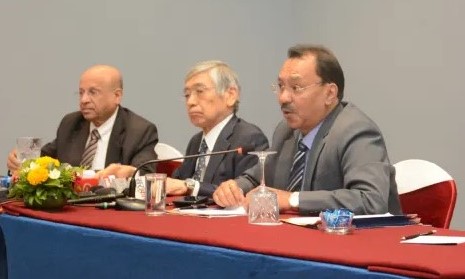
Notwithstanding these challenges, Kuroda remained sanguine about Nepal’s economic growth potential.
He acknowledged the obstacles while spotlighting the country’s ample reservoirs of human resources, water resources, and natural resources poised to propel its development.
Prof. Kuroda cautioned against reckless borrowing in light of Nepal’s current account deficit, advocating for the pursuit of concessional loans from entities such as the Asian Development Bank and the World Bank.
Prof. Kuroda engaged meaningfully with Nepal’s students and professionals during his three-day sojourn in Kathmandu where he also interacted with professionals and businessmen from Pokhara.
During his stay in Nepal, Prof. Kuroda also held talks with Prime Minister Pushpa Kamal Dahal Prachanda, Foreign Minister NP Saud, among others.
Chairman of Khabarhub, Naresh Shrestha believed that Prof. Kuroda’s visit holds the promise of playing a pivotal role in shaping Nepal’s future economic policies and development strategies.
The “Transformational Policy Discussion Series”, Shrestha added, seeks to foster global awareness of Nepal’s economic prospects, with analogous programs slated for the years ahead.
The visit, jointly organized by the Khabarhub, ISSR, the Ministry of Finance, and Nepal Rastra Bank, Nabil Bank, Investment Board of Nepal, Asian Development Bank, Himalayan Bank, Prabhu Bank, Global IME Bank, Kumari Bank, NMB Bank, and The Asia Foundation, provided valuable insights into Nepal’s prospects for economic advancement.
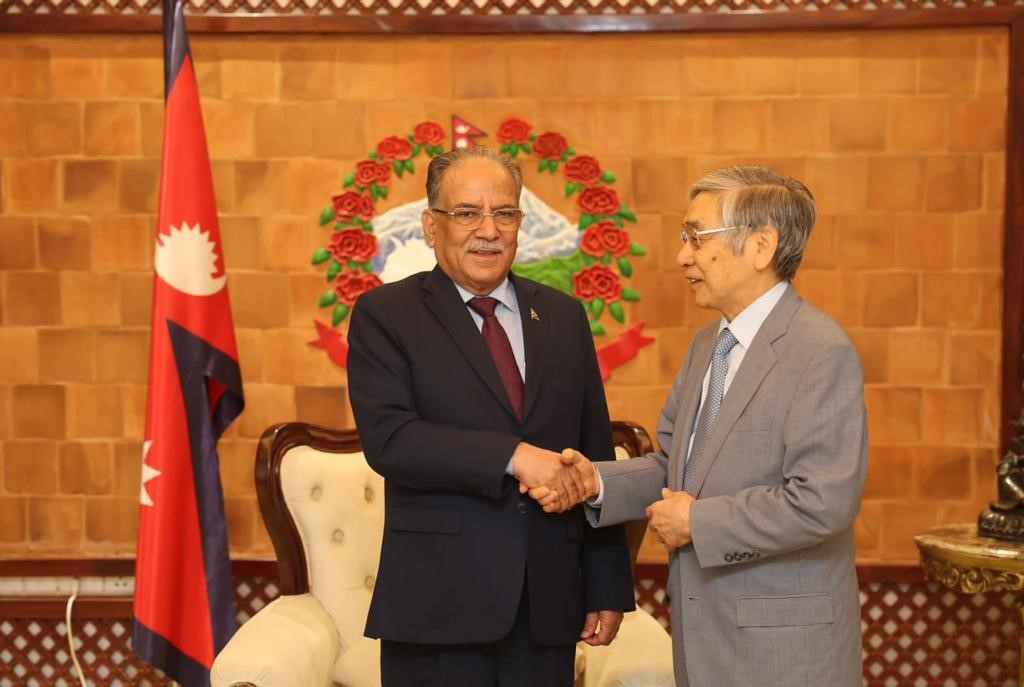
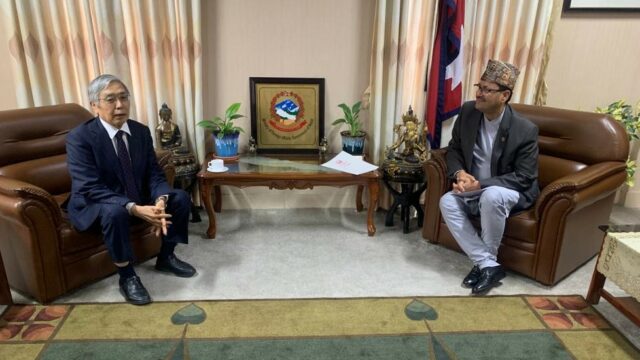


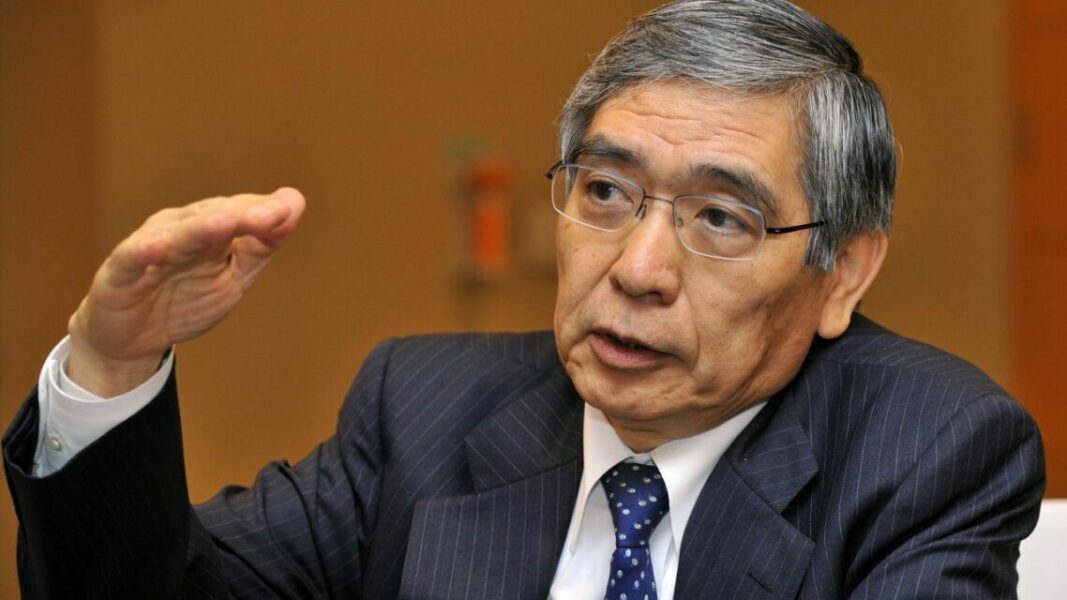

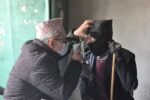




Comment